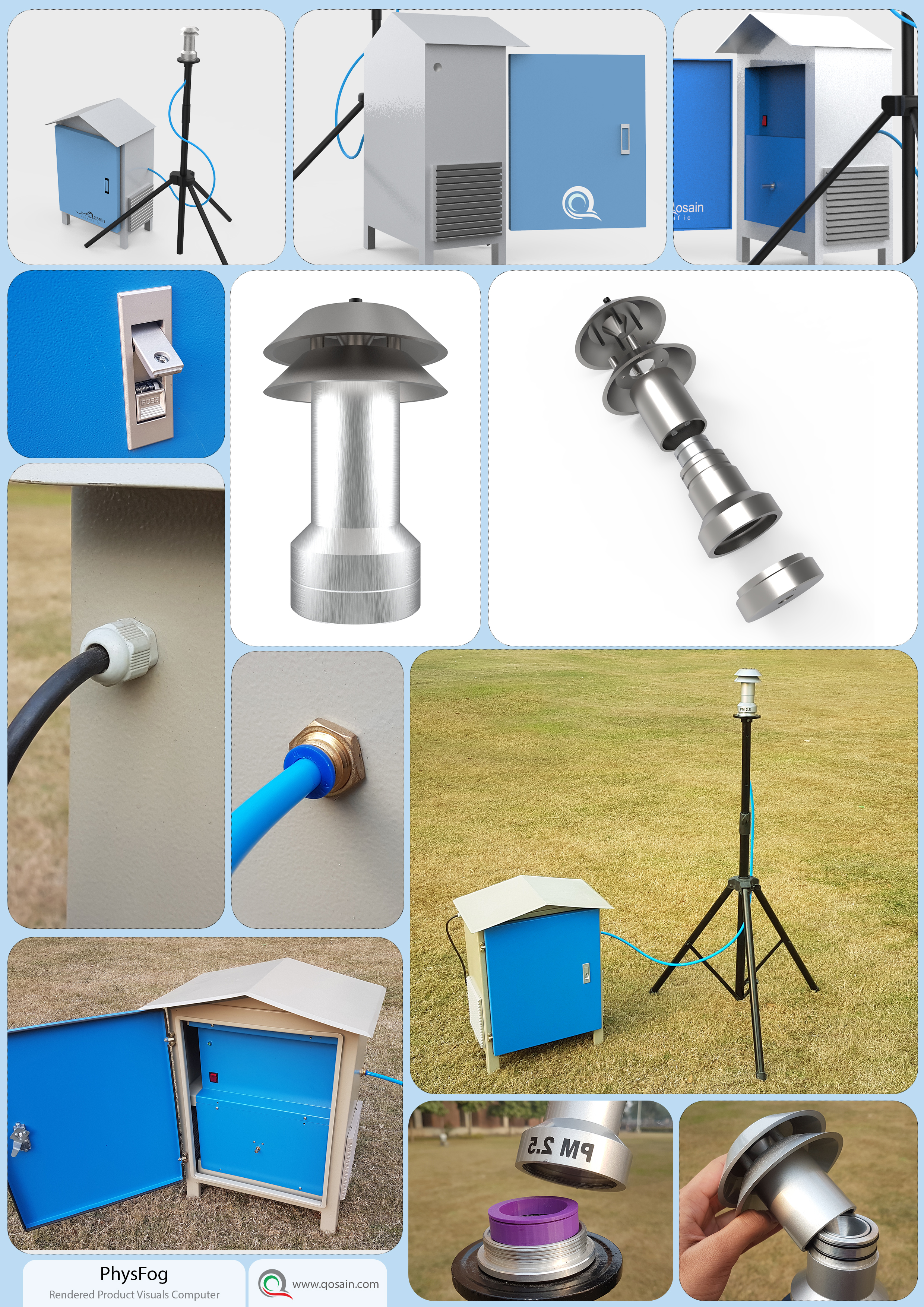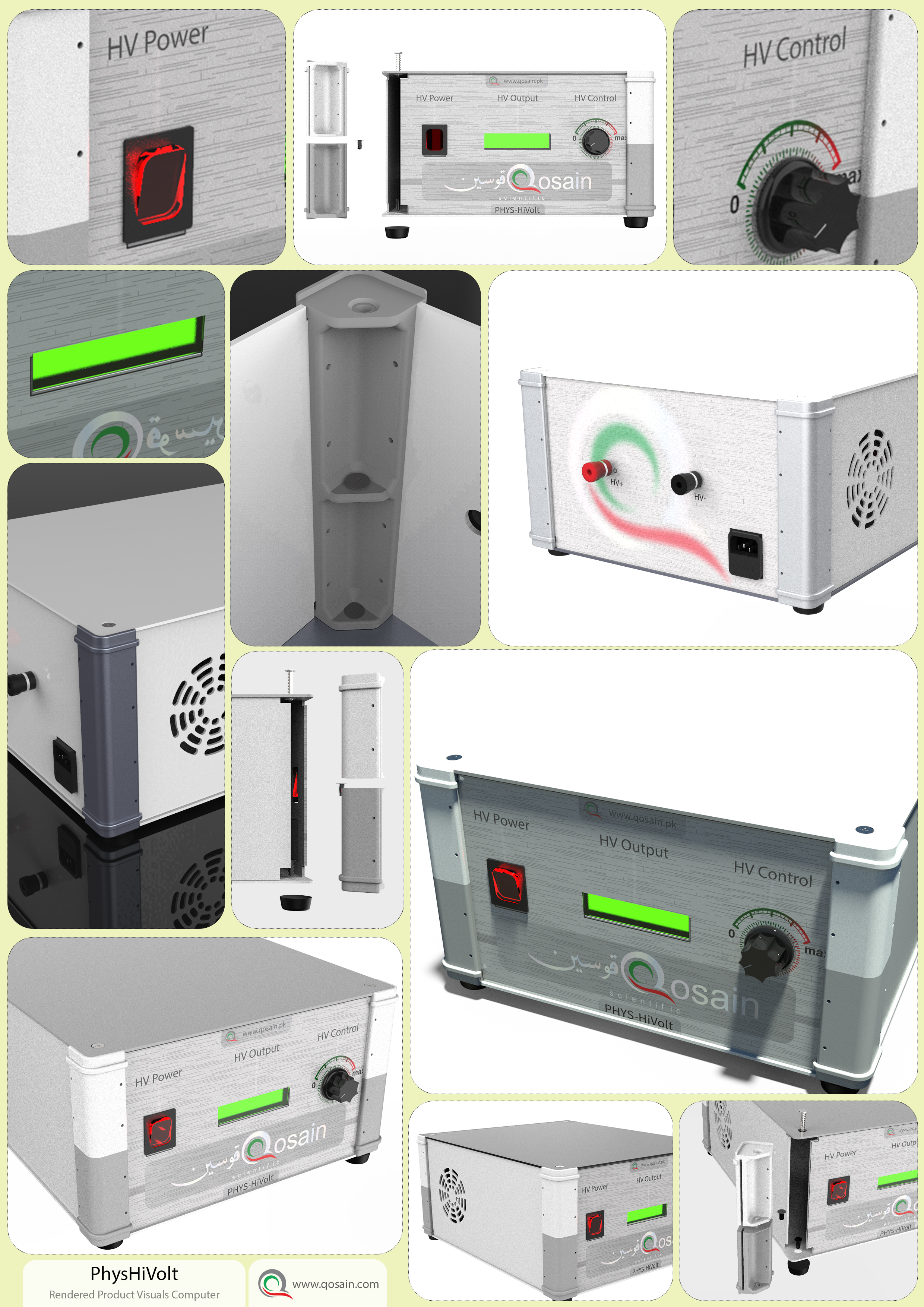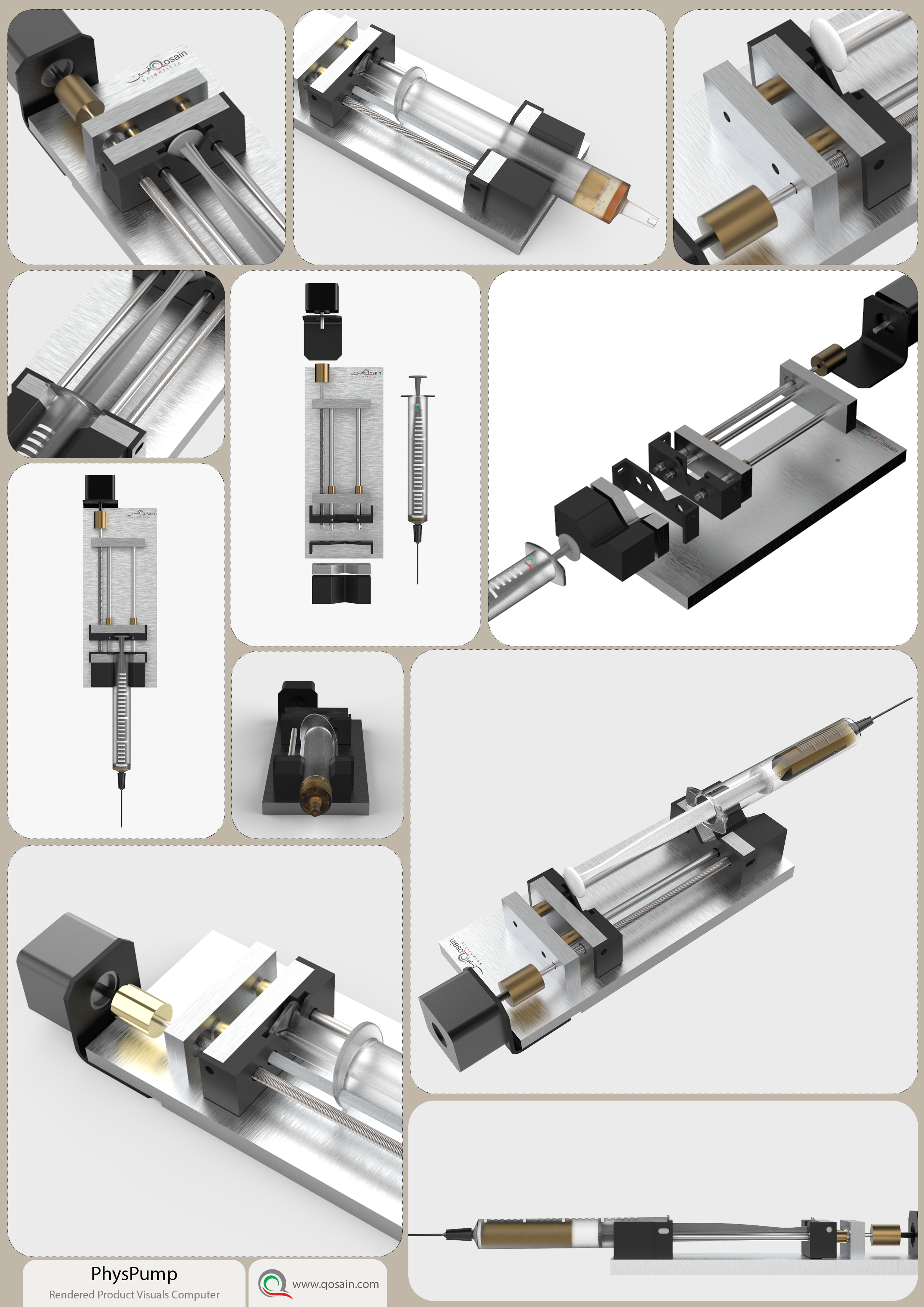Philosophy of Department of Electrical Engineering
Engineering education has traditionally focused on the model-based understanding of the fundamental principles that govern the working of our universe. In most cases, the scope of a particular course is limited to its defined boundaries and system-level aspects that cut across course boundaries become harder to grasp. Students, even those dedicated to the learning process, are sometimes unable to relate the classroom learning to the real-world considerations of a commercial organization and industry. This important gap can be bridged through industry-academia linkages which allow the students to look at the application of their learning to solving real-world problems.
Modes of Engagement
In the following, a few modes of engagement are listed in which collaboration between LUMS and industry can be explored:
1- Customized short trainings/workshops for Scientists/Engineers: EE faculty members can design customized short courses and workshops for employees of a company based on their needs and requirements communicated by them in advance.
2- MS/PhD Program for Employees: Many organizations have focus on Research and Development (R&D) and they invest on these aspects of their Human Resource. Such organizations can sponsor their employees to pursue higher studies (MS or PhD) at LUMS. The candidates would need to pass the LUMS admission test. The faculty should be allowed to publish research or file joint patents after getting approval from the company.
3- Industrial Sponsored MS Program (Company Scholars): A company can select candidates through interviews or any other suitable mechanism from the cohort of graduate students inducted in EE program. The fee, research expenses and nominal stipend for selected candidates will be paid by the company for two years. Selected candidates may or may not enter into a contract (depending upon the Company’s policy/requirement) for serving the company after graduation. Such students may be called “COMPANY Scholars” (e.g., SUPARCO Scholars).
4- Industrial Sponsored PhD Program (Company Fellows): If a company plans to explore a long-term fundamental research problem, it can consider funding PhD program (tuition fee + research expenses and stipend). These candidates would be called “Company Fellows” (e.g. NESCOM Fellows). Selected candidates may or may not enter into a contract (depending upon the Company’s policy/requirement) for serving the company after graduation. PhD program aims to develop technical scholarship by performing fundamental research.
5- Research Projects: Faculty members can also get engaged with a company through research projects. A company can identify specific projects/problems of interest and discuss them with the interested faculty and in turn, the faculty members will submit research proposals or feasibility reports. These projects are typically applied in nature with a possibility of research as a side product. The duration of these projects could be typically from 1 to 3 years (could vary depending upon the nature of the project). Typically, in such projects, full-time RAs are hired with the possibility of partial funding of MS or PhD students. The faculty should be allowed to publish research or file joint patents after getting approval from the company.
6- Consultancy: A company can also engage EE faculty in consultancy mode. These are mainly short-term engagements with little or no possibility of research publication. The IP is completely owned by the company.
7- Senior Year Design Projects: A company can sponsor senior design projects of EE students on certain short-term problems that the company wants to explore. The project scope should be of 9 months at least with an understanding that 8-10 hours of work in a week can be performed because of students’ other academic engagements.
8- Internship Program: A company can offer internships to a certain number of EE students during the summer. This will be a 12-week long engagement. If worked out earlier, the work assigned to the internee may also result in a senior design project.
Dr. Wasif Tanveer Khan
Ongoing Engagements
|
Prospective areas
|
|
|
|
Dr. Hassan Mohy-ud-Din
Ongoing Engagements
|
Prospective areas
|
|
|
|




